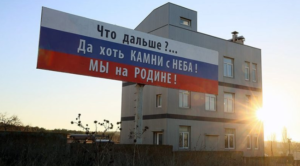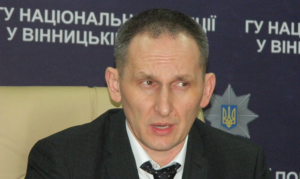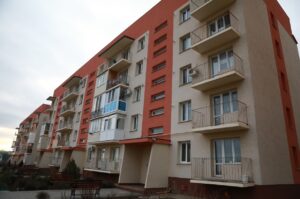The Center for Journalist Investigations has recently reported about current activity of Anton Shevtsov, separatist from Sevastopol, former head of police in Vinnytsia region, who was dismissed under the pressure of civic activists from Automaidan and Ukrainian veterans, detained but then released. Seven years passed, and the State Security Service of Ukraine (SBU) served him a suspicion of state treason.
After the Russian invasion, Shevtsov fled to Crimea and launched his telegram channel. The channel posts videos of Ukrainian prisoners of war kept in prisons around Russia as well as on occupied territories of Ukraine. Shevtsov pretends his posts help to release them and bring back to Ukraine.
Does Anton Shevtsov have an influence on forming lists of Ukrainian PoWs for exchange? Or is his activity a project of Russian intelligence shaping minds of relatives of Ukrainian PoWs?
How does the search of the Ukrainian PoWs through Shevtsov’s channel «Come back home» work? Relatives of Ukrainian defenders send application to e-mail indicated by Shevtsov with personal data of the captive or missing person. Administrators of the channel compile lists and Shevtsov sends them to cosmos, as he says. Then, the channel posts videos with Ukrainian PoWs found in Russian prisons.
We identified 13 prisons with Ukrainian PoWs in various Russian regions and on occupied territories of Ukraine by using lists posted on Shevtsov’s channel. It turned out that Shevtsov has an access to Russian prisons in Tula, Kursk, Bryansk, Smolensk and on territories of so-called «DNR» and «LNR».
It is unknown whom Shevtsov sends lists of PoWs, who and why seeks Ukrainian captives in Russian prisons. He refused to answer our questions. But we understand that it is impossible without permission and support from the Russian central authorities and Russian intelligence services. Petro Yatsenko, the representative of Coordination Center on PoWs’ Affairs under the Main Intelligence Department of the Ministry of Defense of Ukraine (GUR), also shares this opinion.
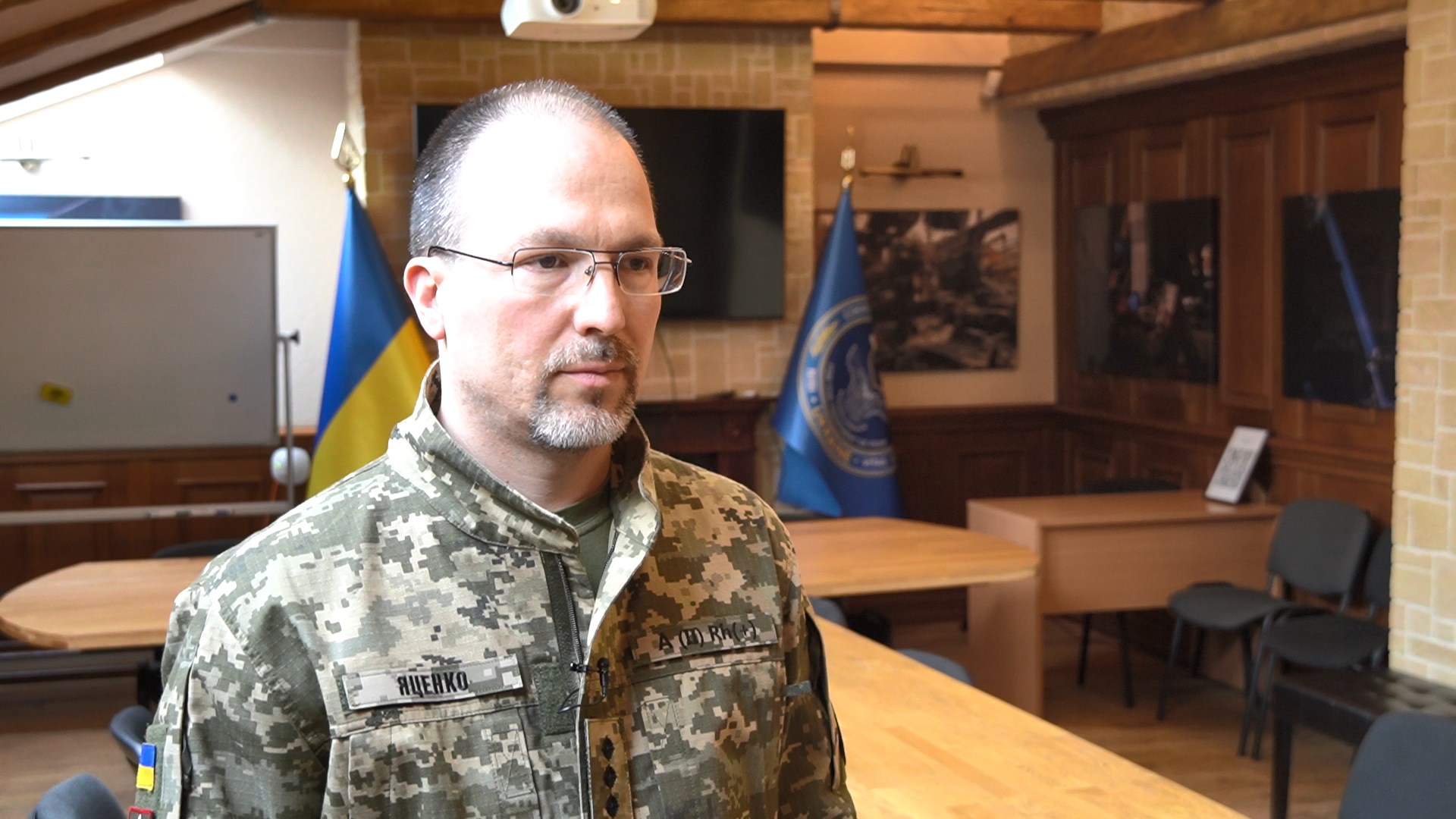
Petro Yatsenko, the representative of Coordination Center on PoWs’ Affairs. Photo: investigator.org.ua
«We see photos, videos when Ukrainian PoWs tell their stories; somebody makes these videos and somehow they are posted online. We understand that average person cannot enter the Russian prison where Ukrainian PoWs are detained. These materials cannot be posted online without an approval of respective Russian services. There are reasons for their publication», as says Petro Yatsenko.
What’s going on next? In exchange for the information about PoW, relatives have to submit information about themselves. Thus, Russian intelligence services receive personal data about thousands of Ukrainians who seek their captives. Intelligence officers conduct the work with relatives to undermine their trust into the Ukrainian authorities and force them to launch protests.
«After the receipt of personal data, they call and say that they have Ukrainian prisoner and are ready to let him back but Ukrainian authorities do not want to get him back. They advise our people to protest, to organize public protests. It is one of their methods», as says Yatsenko.
The CJI noticed that Ukrainian PoWs say the same text on all videos posted by Shevtsov. They say it in Russian. For some of them it is difficult as they do not speak Russian. They persuade that they feel good in Russian prison.
They repeat another message: Ukrainian authorities and commanders of the Armed Forces of Ukraine do not care about them, they forgot about them. That is why, relatives should require the end of war and their release.
It is clear that Ukrainian PoWs read the same text. It is not surprising as Russian authorities can apply tortures and force PoWs to tell what they want.

Ukrainian PoWs at Shevtsov’s channel.
«We cannot trust videos of our men and women, our defenders kept in Russian prisons. They say words that they were forced to tell. What is good about these videos is that we see that they are alive and relatively healthy», as emphasizes Petro Yatsenko.
Representatives of Russian authorities also tell relatives of Ukrainian PoWs that Ukraine would like to exchange and release only soldiers from «Azov». However, we can see that any exchange of PoWs gets back to Ukraine soldiers from various troops. In accordance with Petro Yatsenko, over 2 200 people have been released and exchanged after one year of his Center’s work.
The Russian propaganda attempts to persuade that Ukrainian PoWs massively start fighting on the side of Russia against Ukraine.
The suspicion of SBU to Shevtsov states that he proposed the Federal Security Service of Russia (FSB) to form «The First Ukrainian Volunteer Corps» from captured Ukrainian military men. Shevtsov rejected this suggestion of SBU. At the same time, he hinted that he was involved into formation of some volunteer unit.
Russian propagandists broadcast video dated September 24, 2022 and showed Ukrainian PoWs in Olenivka prison who «voluntarily» asked representative of occupation authorities of «DNR» Volodymyr Bidyovka to send them to «Cossack volunteer unit named after Bohdan Khelnytsky».
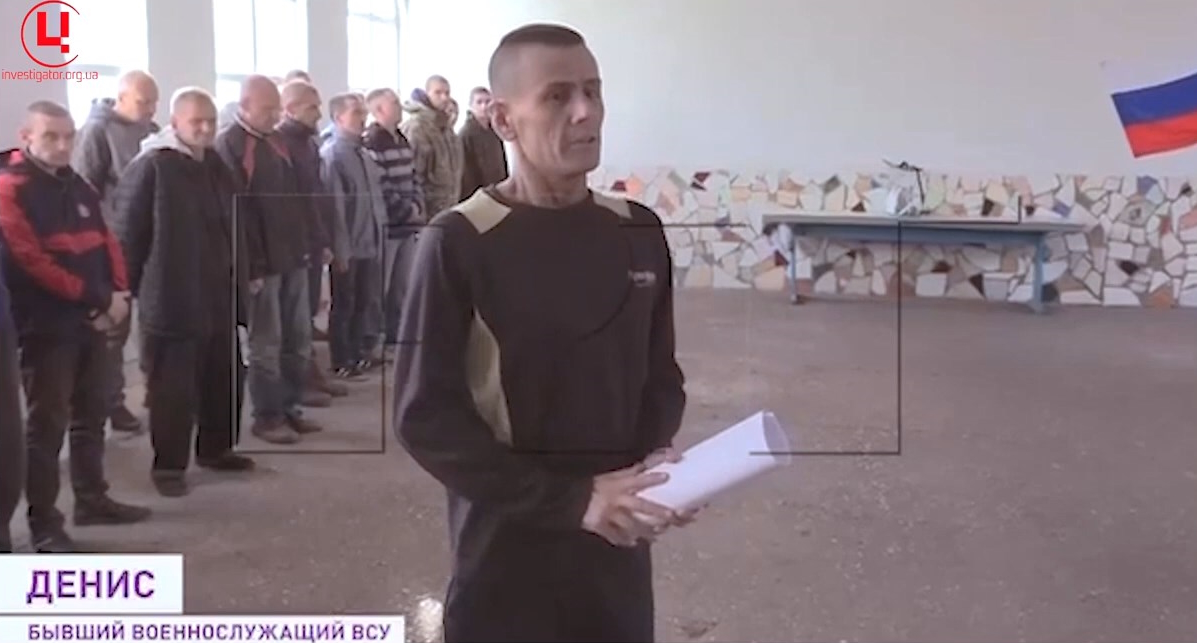
Ukrainian PoWs «voluntarily» would like to join «battalion named after Bohdan Khmelnytsky». Photo: RIA Novosti.
In two months, TASS reported that battalion has been already formed from Ukrainian PoWs in so-called «DNR». However, there was no news about it until February 2023. Then, Russian propagandists resumed telling about Ukrainian PoWs joining Russia. On February 23, 2023, TASS reported that around 200 Ukrainian PoWs were ready to join «battalion named after Khmelnytsky».
On February 27, 2023, RIA Novosti published an interview with Andrii Tyschenko, would-be former tank commander of the Armed Forces of Ukraine. Propagandists called him one of commanders of the «battalion named after Bohadn Khmelnytsky». Propagandists told that the battalion was being formed. Though, TASS reported that battalion has been already formed three months earlier…
«Members of the battalion receive Russian citizenship, Russian passports, sign contracts and then they will be sent for further training», as said Andrii Tyschenko in an interview to RIA Novosti.
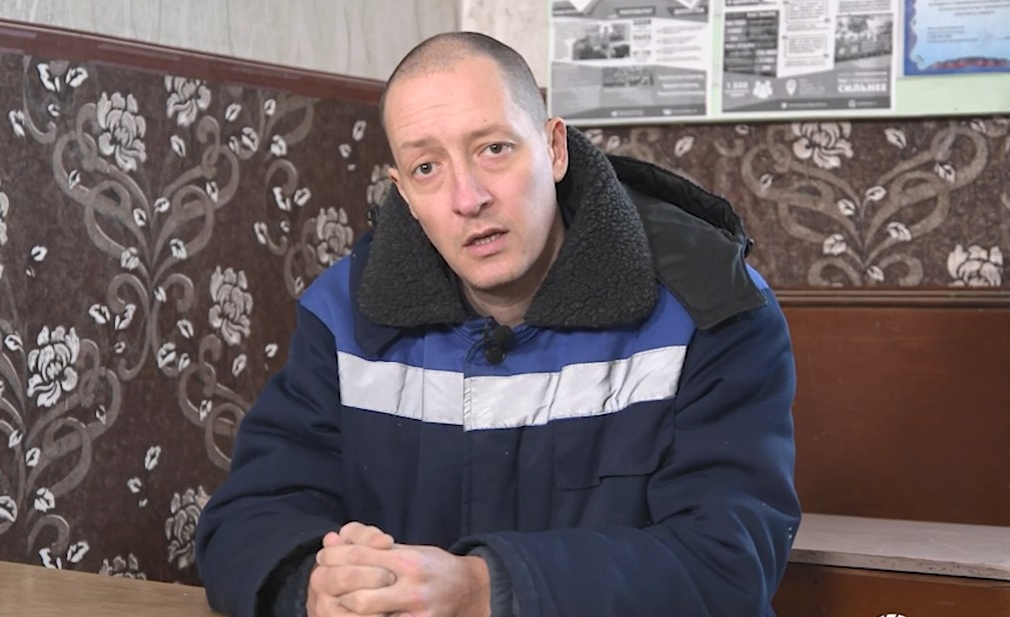
Andrii Tyschenko, called by Russian propagandists as one of commanders of the Russian battalion from Ukrainian PoWs
We failed to find any signs that Ukrainian PoWs fight against Ukraine. Coordination Center of the Main Intelligence of the Ministry of Defense of Ukraine also does not have such evidence.
«Any attempts to create these units are the «invention» of Russian propaganda. Ukrainians do not have reasons to fight against Ukraine. On the opposite, Russian citizens created volunteer battalions, they fight against Russia as they have reasons, they fight against totalitarianism», as says Petro Yatsenko, representative of the Coordination Center.
Thus, what relatives of Ukrainian PoWs should do? Should they apply to so-called Russian «volunteers»? Petro Yatsenko says that any information about whereabouts of the Ukrainian PoWs and his or her situation is valuable. If such information was found, please, submit it to the Coordination Center. But be careful. The Center recommends relatives of PoWs not to transfer their personal data to the Russian intelligence services. Keep contacts with the Center, trust only reliable information and do not pay money to Russian «volunteers».


